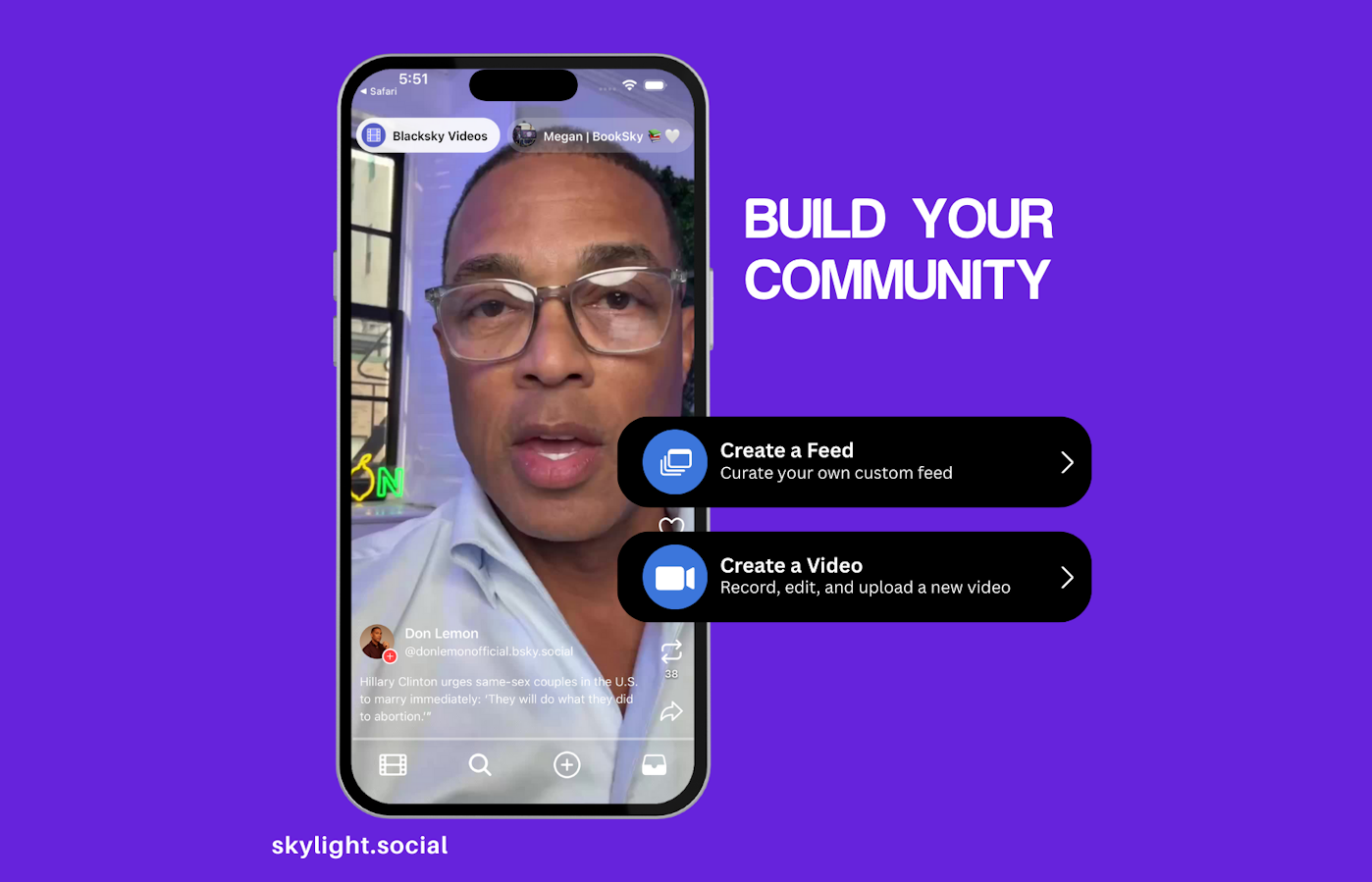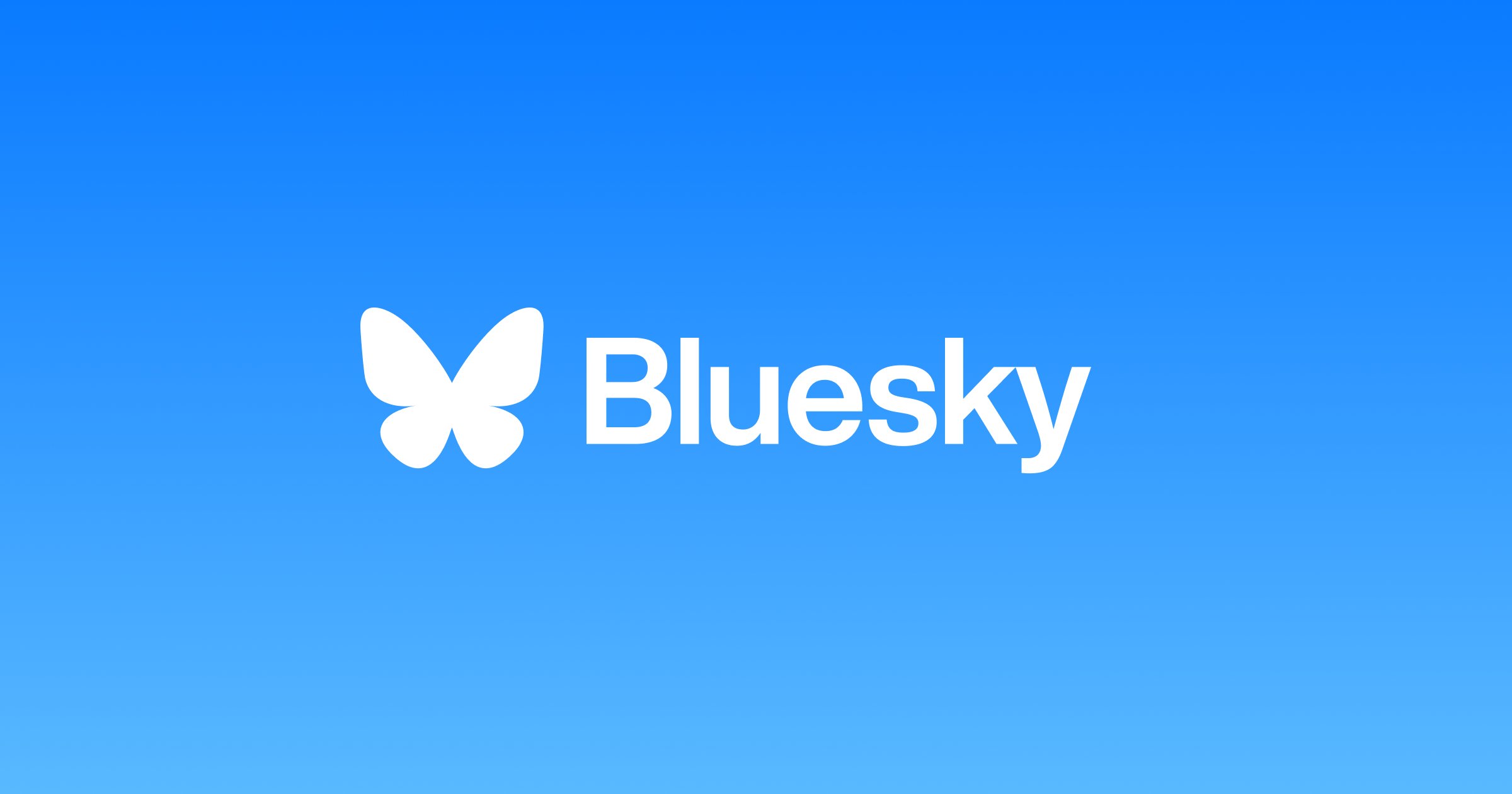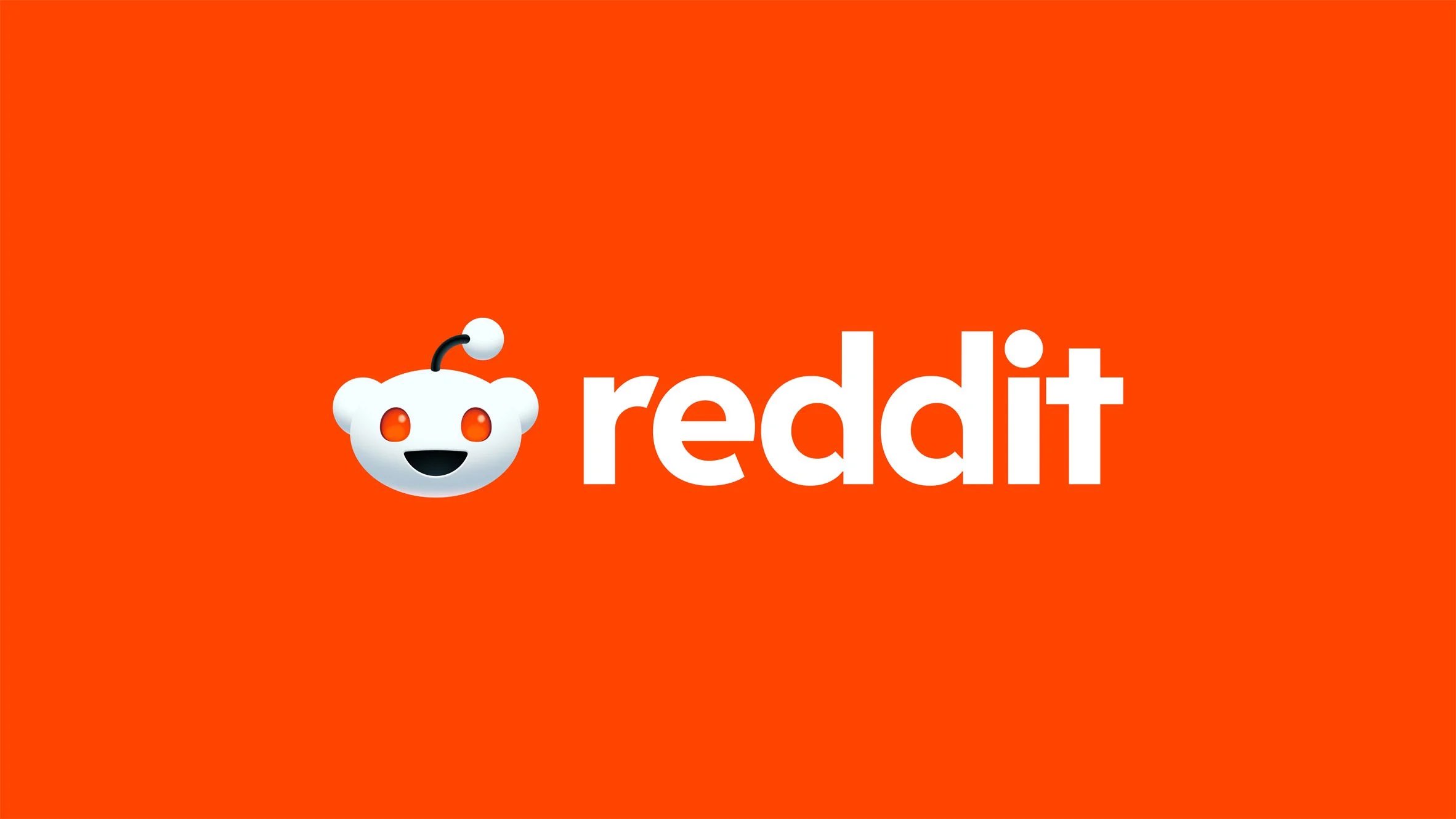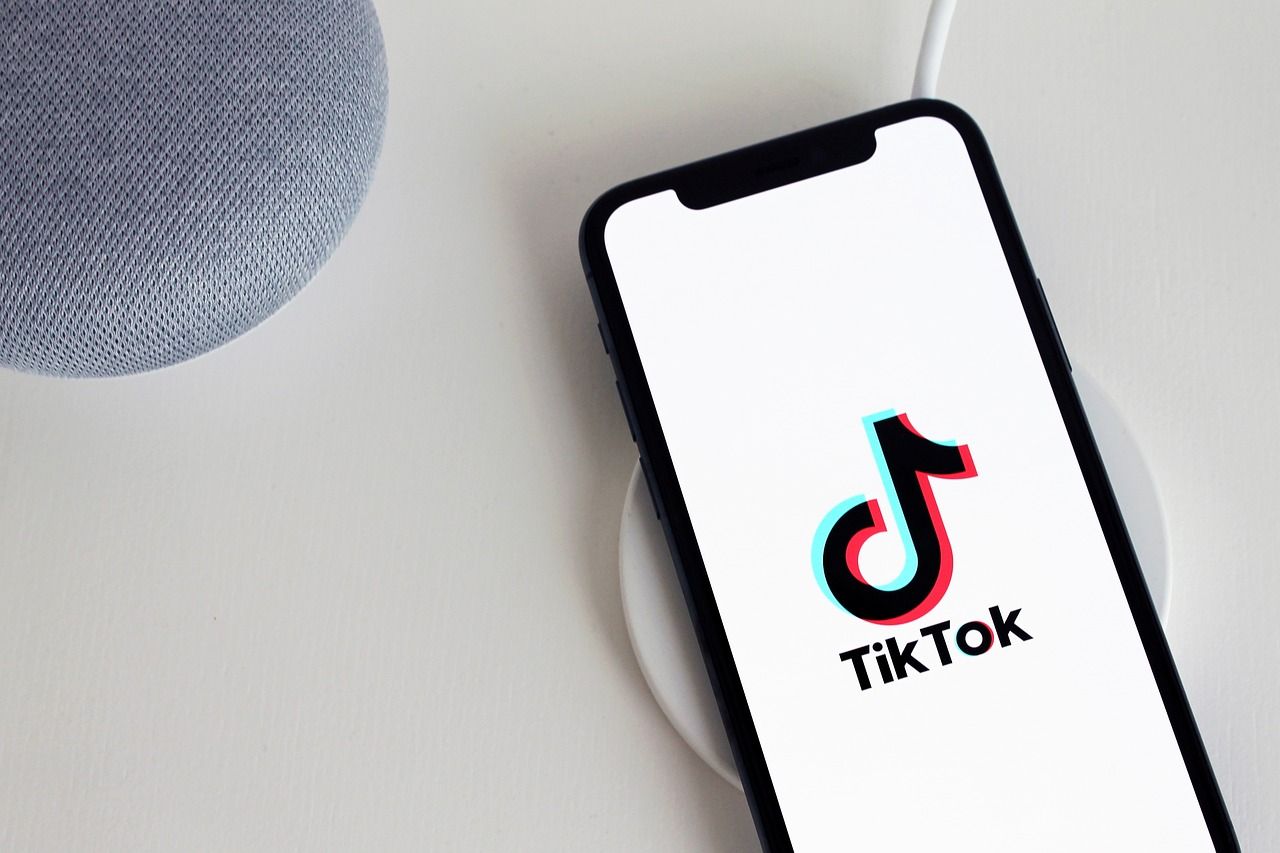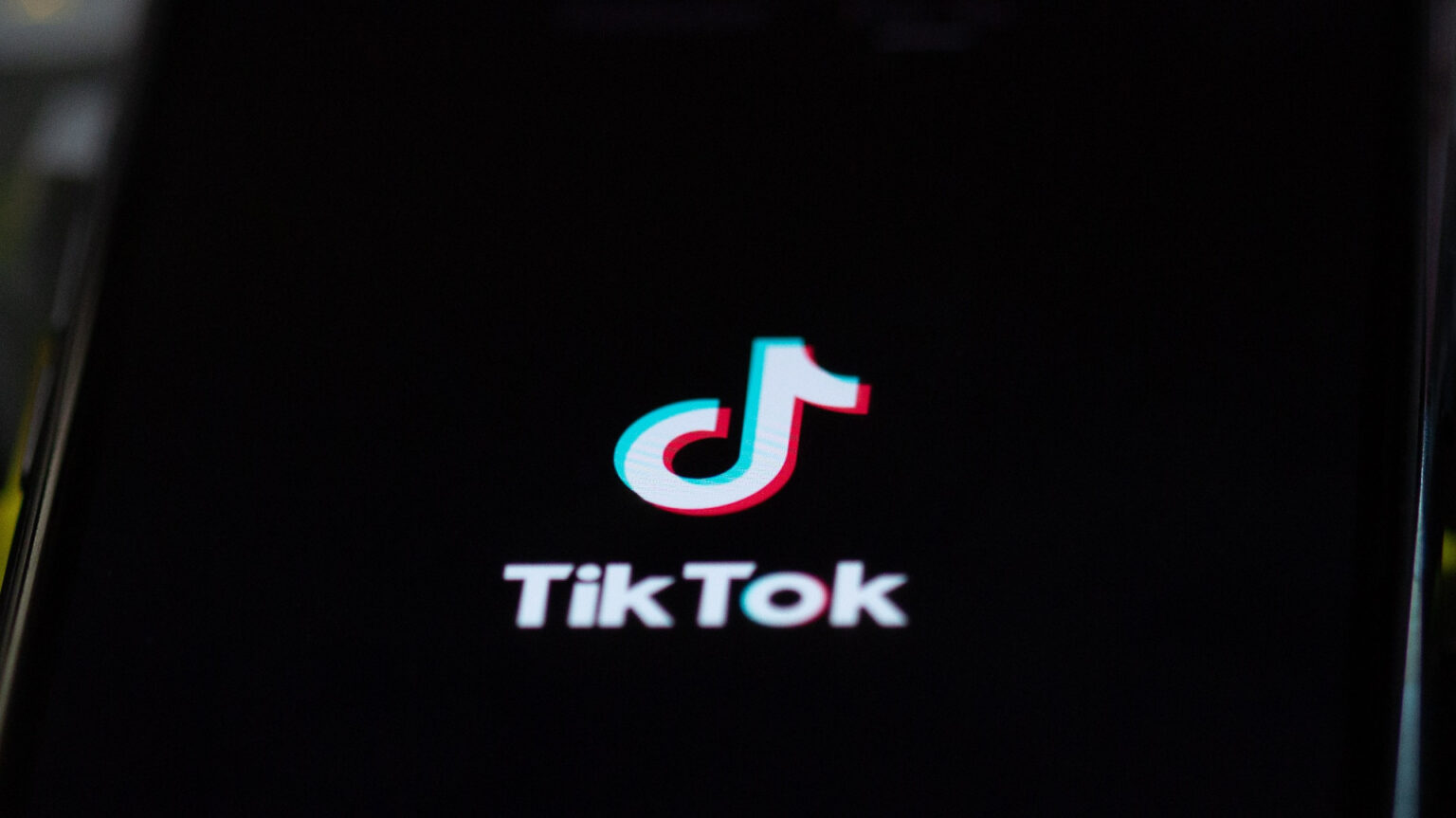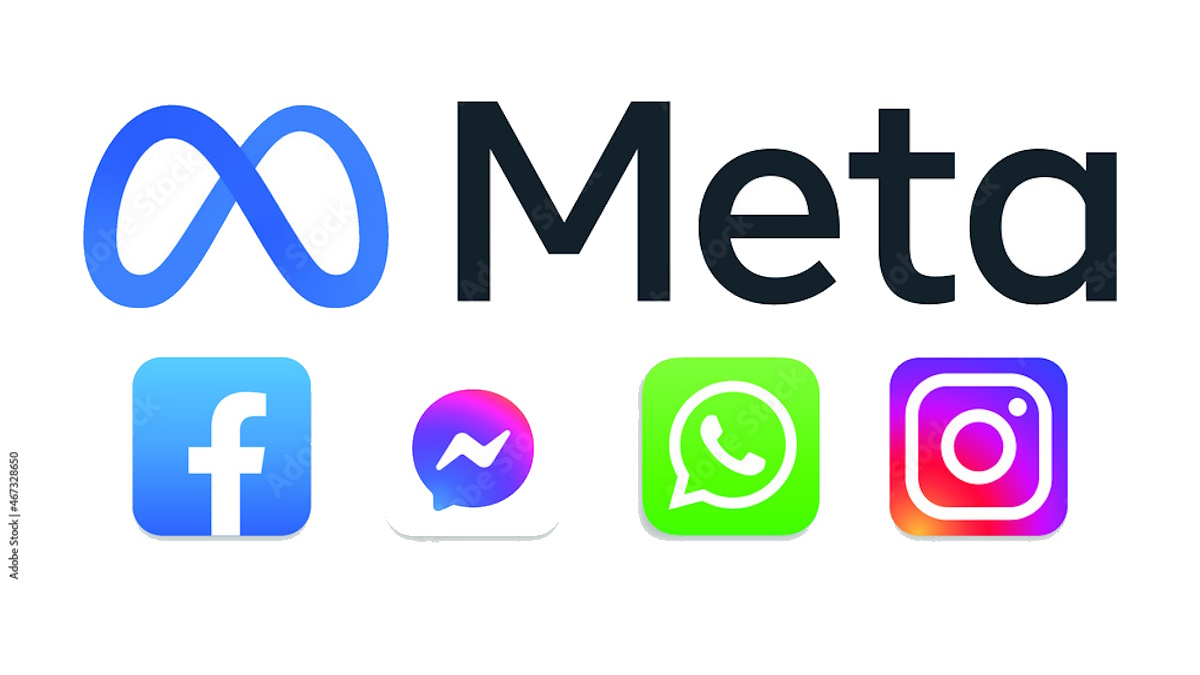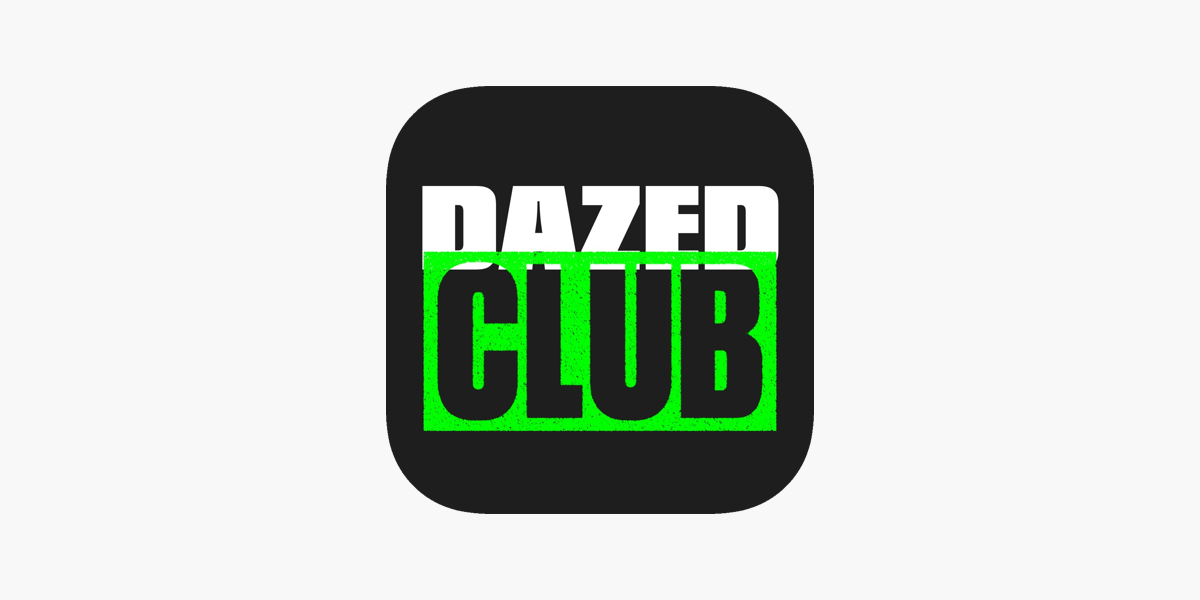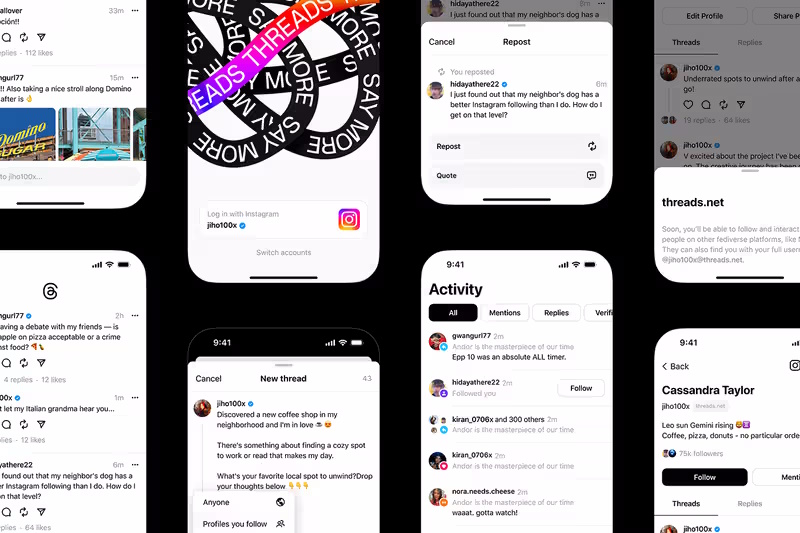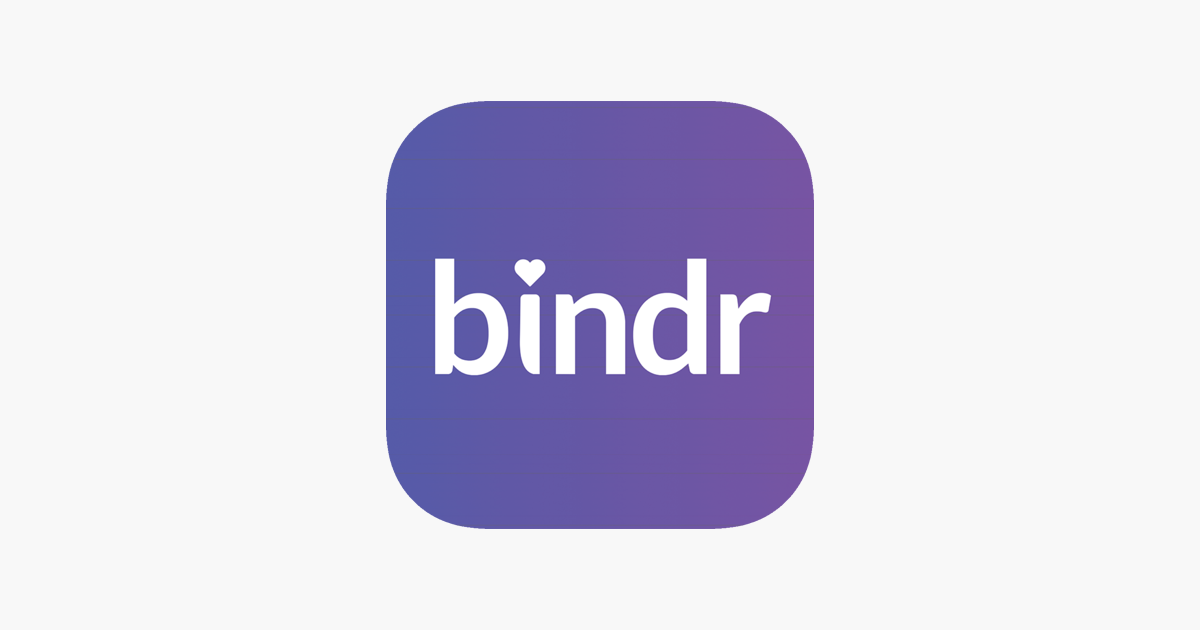A notable shift is taking place in Gen Z’s digital behavior, as younger users increasingly turn to smaller, more community-driven social platforms rather than mainstream giants like Instagram, TikTok, and Snapchat. The trend reflects a broader push toward authenticity, intimacy, and control – values that large, ad-driven networks often struggle to deliver.
While Gen Z still engages with major platforms, the desire for more meaningful and less commercialized interactions is fueling the rise of niche apps. Services like BeReal, which prompts users to post unfiltered photos at random times, have gained traction by offering less polished, more spontaneous experiences. Others, such as fitness-focused Strava, Twitter alternative BlueSky, and lifestyle app Lemon8, have similarly found favor among Gen Z users seeking real connections over influencer content.
Platforms like Discord and Twitch have also thrived, largely due to their ability to foster smaller, interest-based communities that exist outside algorithm-heavy feeds. This shift challenges the business models of larger platforms, which rely heavily on ad revenue and influencer partnerships. Despite attempts to adapt – such as Meta’s investment in Facebook Groups and Instagram’s ‘Close Friends’ feature – mainstream apps continue to be flooded with brand and influencer content. For many Gen Z users, this undermines the sense of genuine connection.
Part of this behavioral change is tied to Gen Z’s deeper understanding of how social platforms monetize attention. In an environment where privacy is scarce and content is often performative, smaller, more focused platforms offer an appealing alternative. They allow users to control how and with whom they interact, emphasizing identity, community, and sincerity.
As Gen Z’s influence over digital culture grows, the pressure will mount on mainstream platforms to shift their priorities or risk losing relevance.
